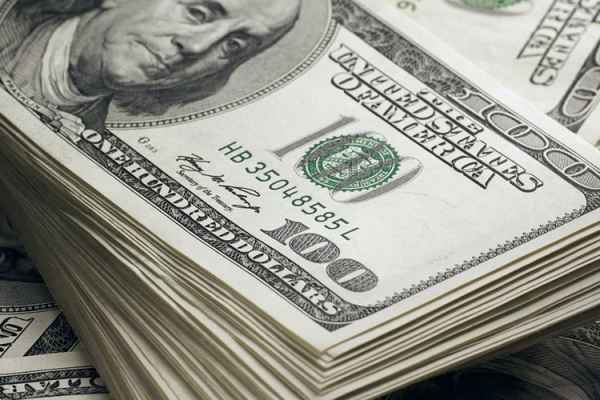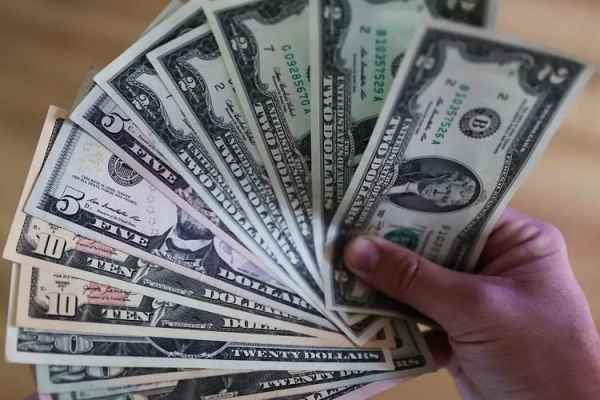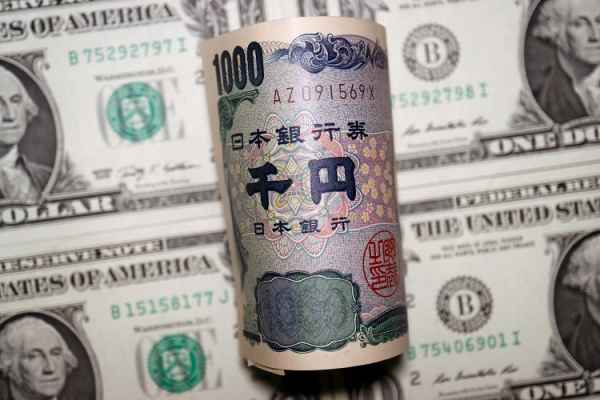Two Japanese officials emphasized the importance of curbing fluctuations in the yen exchange rate, although they did not state that they would intervene directly in the forex market.
Yesterday's announcement of US inflation data has strengthened the US dollar against other major currencies, including the Japanese yen. However, the USD/JPY rally was held at 150.80s in Wednesday's trading (14/February) due to a stern warning from Japanese officials.

Masato Kanda, Japan's Vice Finance Minister for Foreign Affairs, hinted that his country could take "appropriate measures" in the forex market if needed. He emphasized the importance of dampening exchange rate fluctuations, although he did not explicitly state his readiness to intervene.
"Recent currency movements have been rapid. The yen has weakened by nearly 10 yen in a month or so, (and) such rapid movements are not good for the economy," Kanda told reporters at his office.
"We are always watching the market 24 hours a day, 365 days a year to be prepared for anything that might happen, such as a natural disaster," Kanda continued, "We don't target a specific currency (exchange rate) level, but rather we comprehensively consider various factors, such as how fast it moves and how far it deviates from fundamentals."
Hours later, Finance Minister Shunichi Suzuki delivered a similar warning. Suzuki did not answer when asked whether Japanese authorities would intervene in the money market.
"We are watching the market more closely," Japanese Finance Minister Shunichi Suzuki told reporters, "Rapid (exchange rate) movements are not desirable for the economy."
These warnings have managed to put the brakes on the yen's weakening in the short term. Meanwhile, market participants continue to consider when the Fed will start lowering interest rates and when the BoJ will raise interest rates.
The majority of market participants currently expect the Fed to start cutting interest rates in May or June. Meanwhile, the BoJ is likely to raise its interest rate from -0.1% to 0.0% in March or April and not raise it again. Expectations of the interest rate differential between the two central banks remain very wide, resulting in the market tending to dump the yen and buy US dollars.

 Dedicated FREE FOREX VPS
Dedicated FREE FOREX VPS Free FOREX Virtual Private Server
Free FOREX Virtual Private Server MT4 Demo Contest, Get $500
MT4 Demo Contest, Get $500 Sign Up for an Account, Claim 60% Deposit Bonus
Sign Up for an Account, Claim 60% Deposit Bonus Free MT4/MT5 VPS 2024
Free MT4/MT5 VPS 2024 Send E-mail and Get Free Merchandise
Send E-mail and Get Free Merchandise $1K Refer a Friend Bonus for Pepperstone Pro clients
$1K Refer a Friend Bonus for Pepperstone Pro clients Maximize Your Earnings with 100% Deposit bonus
Maximize Your Earnings with 100% Deposit bonus Trade to Win, $5,000 Monthly Demo Contest
Trade to Win, $5,000 Monthly Demo Contest Claim 30% + 15% Deposit Bonus from LiteFinance
Claim 30% + 15% Deposit Bonus from LiteFinance






